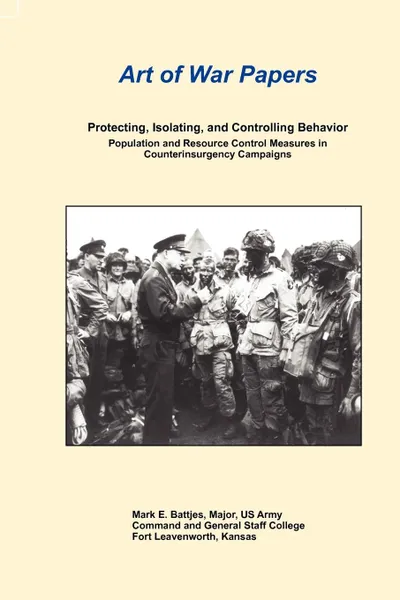Art of War Papers. Protecting, Isolating, and Controlling Behavior: Population and Resource Control Measures in Counterinsurgency Campaigns 12+
2012
290 страниц
Категория: Научная литература
ISBN: 9781780398037
Язык: Английский
📗 The classical counterinsurgency theorists emphasize that it is necessary for the government to gain and maintain control of the population in order to defeat the insurgency. They describe population and resource control measures as a means of doing so. However, some contemporary writers have questioned the legitimacy of such tactics and doubt that they can be employed effectively in modern campaigns. Four case studies from three different campaigns: the Philippines, Vietnam, and Iraq, examine how population and resource control measures can be employed effectively and legitimately by the counterinsurgent force. The case studies reveal that protecting and isolating the population is the most critical component of any such measures, without this condition the measures will not achieve their desired effect. The case studies also reveal that once the protection and isolation are in place, the government can focus on controlling the behavior of the population. That is, it can prevent behavior that supports the insurgency while enabling behavior that supports the government or is neutral. This denies the insurgency its means of support and facilitates the destruction of its armed and subversive elements by the counterinsurgent forces.
Мнения
